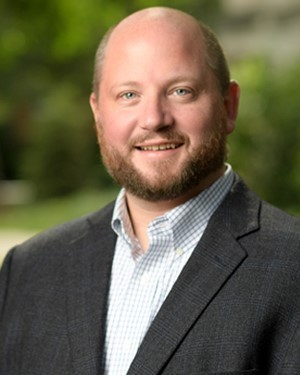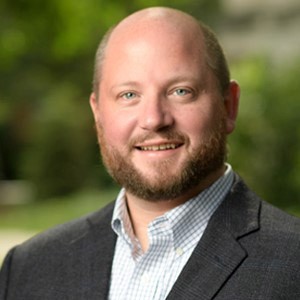 In this edition of What We’re Reading, join Dr. Todd H. Kuethe, Associate Professor and Schrader Endowed Chair in Farmland Economics in Purdue University’s Department of Agricultural Economics, as he takes us on a blast from the past to our high school days with the latest book he’s been reading: The Catcher in the Rye by J.D. Salinger.
In this edition of What We’re Reading, join Dr. Todd H. Kuethe, Associate Professor and Schrader Endowed Chair in Farmland Economics in Purdue University’s Department of Agricultural Economics, as he takes us on a blast from the past to our high school days with the latest book he’s been reading: The Catcher in the Rye by J.D. Salinger.
To be honest, my reading of The Catcher in the Rye started as a joke with two of my closest friends, Brent, who teaches philosophy, and Chris, who teaches literature. Through the Coronavirus pandemic, Brent, Chris and I have maintained a rambling conversation through group texts, Facebook posts and Marco Polo videos. We frequently talk about cooking and our successes and failures with remote teaching. This spring was my first semester teaching at Purdue and, by surprise, it was also my first semester teaching remotely. Although Brent and Chris are experienced and accomplished teachers, they shared similar challenges. Chris tried, with mixed success, to transition his course on The Catcher in the Rye to remote learning. Being the great friends that we are, Brent and I decided to give Chris some additional experience by leading us through an online discussion as well.
Like most people, I first read The Catcher in the Rye when I was in high school. I was roughly the age of the novel’s protagonist, Holden Caulfield. Now, I’m only a handful of years older than the novel’s author J.D. Salinger. My second reading of the book was much different, as my perspective on Caulfield has shifted with age and experience. I found myself wanting to help him as a parent or teacher, rather than commiserate as a peer. The success of this book famously drove Salinger to become a recluse, moving to a small town in New Hampshire where his productivity slowed. Salinger’s experience seems fitting for three teachers waiting out the Coronavirus with our worries frequently rambling like the words of Holden Caulfield.
:




